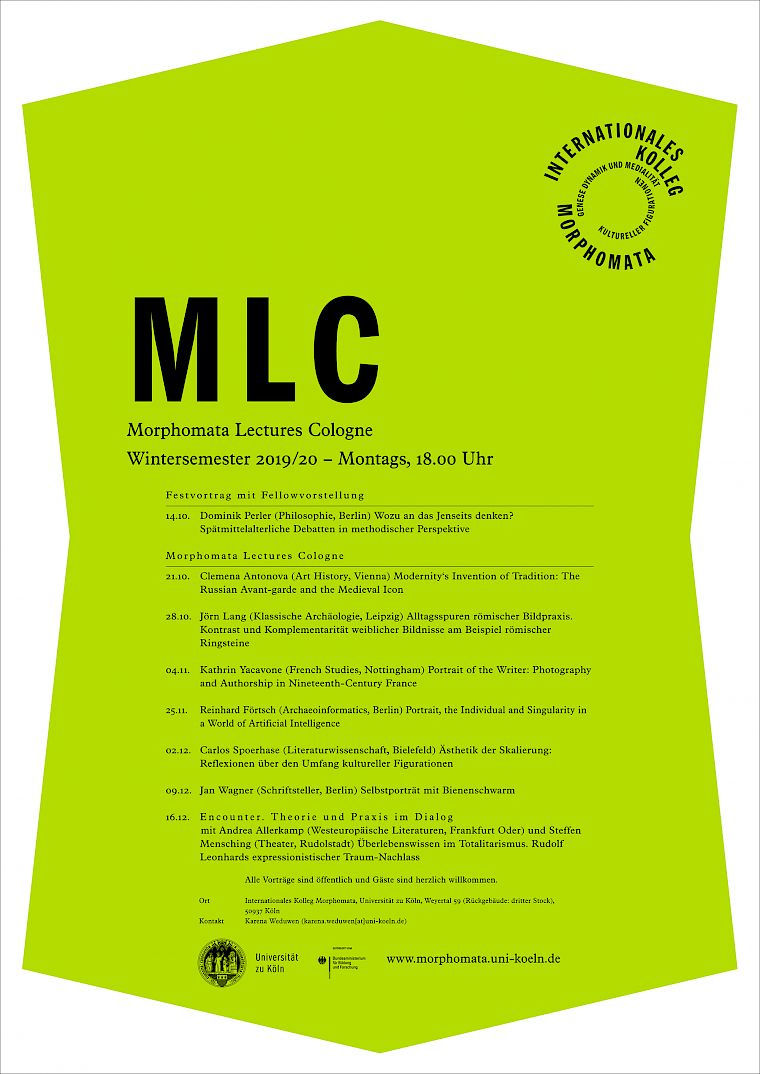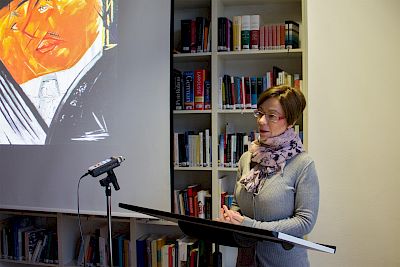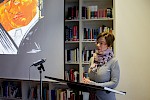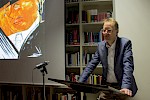Vortragssprache: Englisch
In artistic terms, the beginning of the twentieth century in Russia was characterized by two overlapping developments. On the one hand, there was a sweeping revival of interest in the medieval icon, while, on the other, the whole period was largely defined by the advent of the Russian avant-garde. I would like to consider the junction at which these two developments informed and influenced each another.
It is well-known that Russian artists such as Malevich, Chagall, Goncharova, etc. drew inspiration both from the art of the icon and from Western modernist movements (late Impressionism, Cubism, Futurism, etc.). What I would like to think through here is a little-remarked, but very common self-representation of the Russians. Almost all the major artists insisted (in their writings, interviews, etc.) that the role that Western art played in their artistic evolution was to enable them to appreciate the great worth of their own native tradition of the icon. As Natalia Goncharova put it: “At the beginning of my development I learned most of all from my French contemporaries. They stimulated my awareness [so that] I realized the great significance and value of the art of my own country.”
I will suggest that the Russians’ understanding of the icon amounted to the invention of an artistic tradition, which became an element of a larger nationalistic and utopian discourse at the time.
Respondenz: Christian Spies (Köln)



